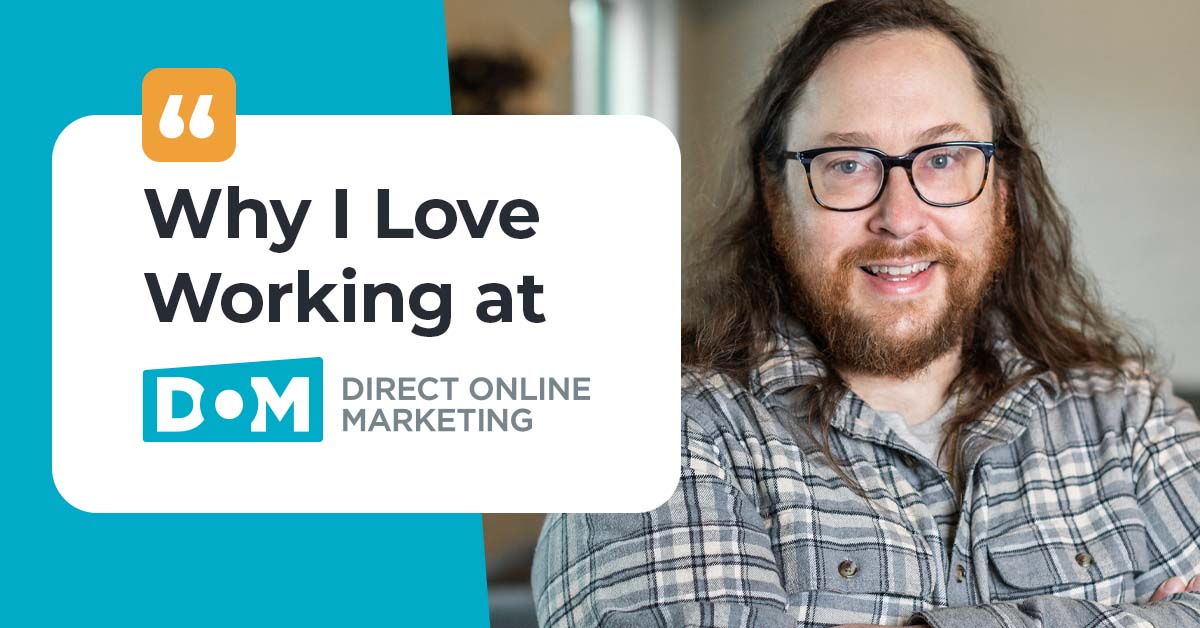
Why Social Media and SEO Go Hand-in-Hand
Did you know that social media has a pivotal effect on search engine optimization? Social media, with the help of Google, is virtually dismantling off-page SEO strategies and taking optimization back to it’s core where content and engagement rule and black hat techniques get you nowhere.
If you’re not a content marketing insider you might be scratching your head about the terms ‘Black Hat’ and ‘off-page.’ First let’s break down what SEO is. Search Engine Optimization is just that – optimizing your website’s content to make it easier for search engines to navigate and understand. More descriptively, this is called ‘on-page SEO’ and it should be the most vital component of any SEO strategy.
The Search Engine Conversation
Think of SEO keywords as conversation starters. On-page SEO indicate to search engines (and customers!) whether or not your site (and business!) contributes valuable information to the conversation.
Let’s walk you through the process:
- Potential customers ask a search engine a question in the form of keywords
- Search Engine pings your site and finds relevant keywords
- Potential customers click onto your website & finds your content relevant, engaging and informative
- Customer continues the conversation with you in-store or via phone, email, or a social media site.
Hopefully, your customer will recommend your business to their friends via review sites and blog posts. Thought leaders in your industry may pick up on this buzz and begin to talk about the captivating content found your site. In addition to on-page keywords, these ‘off-page’ links affect your search engine rankings. This is called ‘off-page SEO’ or ‘authority.’ The more people that talk about your business online, the higher your site ranks on search engines.
Sounds great right?
Well, sure, if those links back to your site are created by real people with whom you’ve had real conversations. Unfortunately, instead of providing real content for real conversations (and real conversions!) people employed what are called ‘black hat SEO’ techniques.
Off-Page SEO Spam
SEO strategists turned to link farms or to spamming the comment section of sites to trick search engines into thinking that a lot of people were talking about a particular website. Thus giving that site an air of authority on a subject. In truth, the conversation was one sided and the links were nothing more than spam advertising.
Buying backlinks might help your business’ site get a higher ranking on Google or Bing but it frequently annoys potential clients and can even harm your company’s reputation. No one likes to be mislead and if the content on your site doesn’t live up to the hype, those pageviews won’t generate leads.
These tactics also annoy the people behind major search engines because they deviate from the core purpose of optimization. The goal of a search engine is not to help your business get more pageviews, but to help the customer find more solutions. Unfortunately, it’s difficult for search engine crawlers to parse what links are based on genuine interaction and which links are merely the company talking about itself.
The Social Media SEO Revolution
Enter social media and the ability to track the digital sharing of links via social platforms.
It is much more difficult to fake a social media account than it is to fake a website or spam the comment section of a site. This makes social media possibly one of the truest measures of business to consumer engagement on the web.
Google has taken advantage of this and changed it’s algorithm to give more credence to social shares and less consideration to generic links. Dubbed ‘Penguin’ by the minds at Google, the new formula is devised to reduce the rankings of pages that use underhanded methods while increasing the ranking of brands that receive frequent social chatter.
With search engines focusing more on social shares and society at large spending more time on social networks, we question the relevancy of off-page SEO methods.
We understand being concerned about your business website getting lost in the world wide web but remember that true SEO authority is based upon relationships. As your business engages people online and provides great optimized website content, linkbuilding will happen naturally. Through fresh information in the form of blog posts, engaging Facebook activity, visually interesting Pinterest boards, relevant Tweets, or even witty Tumblr posts your brand will build a community ready to recommend you and increase your ranking on search engines.



